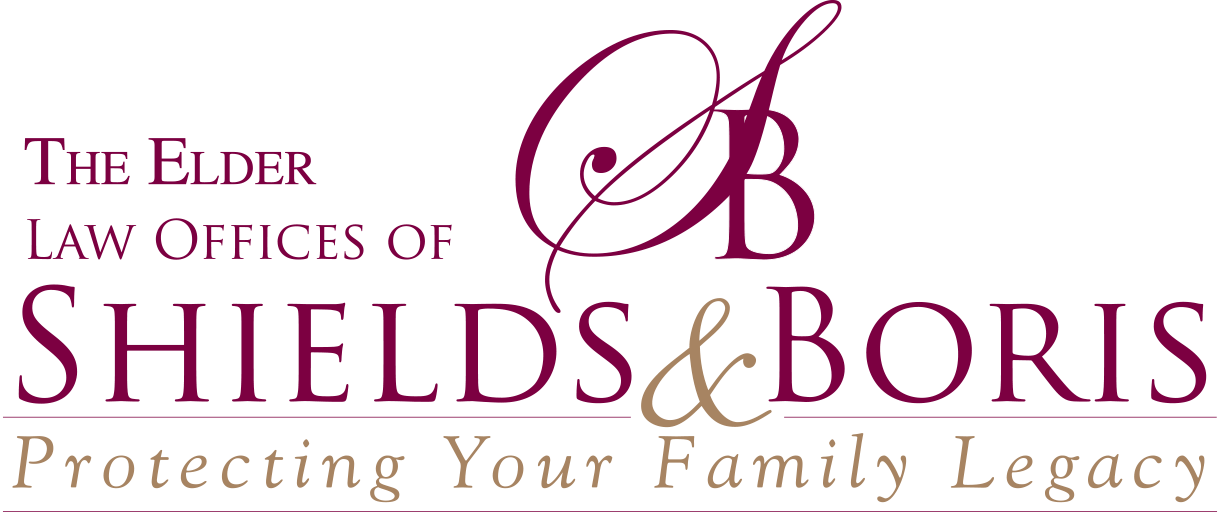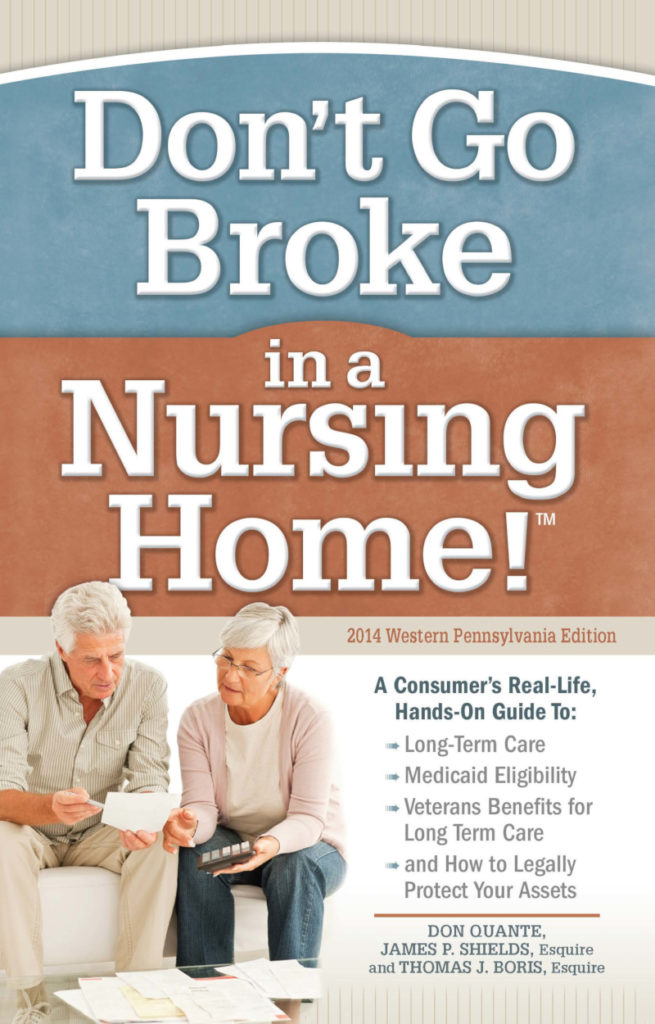Preparations to Make for Your Parent's Care
Posted on February 10, 2024 by shieldsandboris
Do you have older parents? You are not alone. The Pennsylvania Department of Aging reports that there are approximately 2.27 million senior citizens in the Commonwealth—and that number is expected to grow by more than 50%—far above the rate of population growth—over the next two decades. Watching a parent grow older can be stressful—especially once they get to the point where you are concerned about their ability to live a safe, healthy, and fulfilling life on their own.
A proactive approach is key. One of the best ways that you can help support an aging parent is to make a plan before there is an actual need. At The Elder Law Offices of Shields & Boris, our team has deep experience. We know that these decisions can be difficult. Our Pennsylvania elder law and estate planning attorneys provide an action-oriented checklist that you can use to help make preparations for the care of an aging parent.
A Checklist You Can Use to Help Make Preparations for Your Parent’s Care
Communicate With Your Parent (Know their Needs, Desires, etc)
Taking care of your aging parents always starts with a heart-to-heart conversation. It is important to understand what they need and want. Maybe they wish to stay in the comfort of their own home as long as possible, or perhaps they prefer to move in with another family member or move into a senior-focused community. Listen to their concerns about health, daily activities, and even their social life. Communication is about both the practicalities and their feelings. It is a lot easier to make preparations for the care of a parent when everyone can openly communicate with each other.
Understand Who is Going to Be Involved (Other Parent, Siblings, etc)
Who is going to help provide care and support to your aging parent? Ideally, it is not a one-person job. Caring for an aging parent is often a team effort. It is essential to know who will be involved. In some cases, the other parent may still be able to take charge. In other cases, you may have siblings who are also going to play a key role. There could be grandchildren or even friends of your parents who will be involved. Discuss with everyone who wants to be involved and understand their capacity to help. Remember, “help” is a very broad term. For example. a high-school grandchild visiting once every few weeks to do chores and provide social support is absolutely a form of help.
Put a Strong Focus on Finding a Safe, Stable Housing Environment
A safe and stable home is crucial for your aging parent's well-being. In some cases, modifications may be made to a parent’s current home. For example, it could be installing grab bars in the bathroom. On the other hand, some aging parents may be better off if they are moved to a more suitable place. Consider factors like safety, accessibility, proximity to family and healthcare services, and, importantly, where they will be happiest.
Know Your Limits as a Caregiver—Be Ready to Seek Professional Support
As a caregiver, you need to recognize your own limits. You might be able to handle day-to-day care, but there could be times when professional support is needed for certain healthcare matters. There is nothing wrong with admitting that you are feeling overwhelmed or admitting that your parent's care needs are beyond your ability. Seeking help from healthcare professionals, care managers, or home aides could be the right option.
Help Your Parent Get Their Finances in Order
Financial issues matter. Managing finances is a critical aspect of caring for your aging parent. Start by understanding their financial situation. You will want to consider all income sources (pensions, Social Security, etc.), savings, debts, and their monthly expenses. Work together to create a budget that covers their care needs and other expenses.
Ensure There is a Comprehensive Estate Plan in Place
A comprehensive estate plan is essential for every senior. A well-crafted estate plan starts with a will. Other key documents typically include a power of attorney, healthcare directives, and living wills. These documents ensure that your parent's wishes are respected in terms of their assets, healthcare, and end-of-life decisions. Make sure your aging parent has the right estate plan.
Regularly Assess Their Needs (Things Can Change Quickly)
When preparing for the care of an aging parent, it is important to remember that care needs can change extremely quickly. The care plan that you set up two years ago may no longer be good enough—even if it has been working well. You and your family should keep an eye on your parent’s health, mobility, mental state, and overall happiness. Changes can be subtle—like gradually needing more help with daily tasks—or they can be sudden. It might be helpful to keep a journal or a checklist to track these developments. Adjustments to their care plan, living arrangements, or medical treatments may be necessary.
Seek Professional Guidance From an Estate Planning and Elder Law Attorney
You do not have to develop a care plan alone. Navigating the legal aspects of elder care and estate planning can be complex. An experienced Pennsylvania estate planning and elder law attorney can help with creating or updating wills, setting up trusts, understanding Medicare and Medicaid benefits, and planning for the long-term care needs of your aging parent. Be proactive: Getting professional legal advice early can prevent many problems and misunderstandings later on.
Set Up Your Confidential Consultation With Our Pennsylvania Elder Law Attorney Today
At The Elder Law Offices of Shields & Boris, our Pennsylvania elder law attorneys have extensive experience helping people develop strategies that they can use to support their aging parents. Give us a call at (724) 204-6628 or contact us online to arrange a fully confidential, no-obligation initial appointment. From our offices in Wexford, Bridgeville, Washington, and Beaver, we are proud to provide solutions-driven estate planning and elder law services throughout Western Pennsylvania.




